Lithium Iron Phosphate vs. Lithium-Ion: Which Reigns Supreme in Green Energy Revolution?
Lithium Iron Phosphate vs. Lithium-Ion: Which Reigns Supreme in Green Energy Revolution?
As the world shifts towards a greener and more sustainable future, the race to develop efficient and reliable energy storage solutions intensifies. One key area of focus in this quest is the comparison between two widely used battery technologies: Lithium Iron Phosphate (LiFePO4) and Lithium-Ion (Li-ion). With the increasing demand for electric vehicles, renewable energy storage, and portable gadgets, it becomes crucial to understand which of these two options truly holds the reins in the green energy revolution.
1. Energy Density:
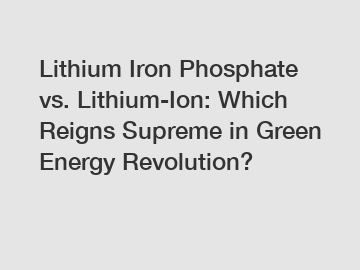
Lithium-Ion batteries, reigning as the most prevalent battery technology, are known for their higher energy density. This characteristic allows Li-ion batteries to store more energy, making them suitable for applications requiring long-lasting power. On the other hand, Lithium Iron Phosphate batteries offer a lower energy density but compensate with a higher thermal stability. The trade-off between energy density and safety is an essential consideration in choosing the right battery technology.
2. Safety:
Safety is of utmost importance when it comes to storing and using large amounts of energy. Lithium Iron Phosphate batteries have a reputation for superior safety due to their stable chemical composition, which makes them less prone to overheating, thermal runaway, and subsequent fire hazards. They are inherently less volatile than Li-ion batteries. Although Li-ion batteries have experienced rare incidents of explosions or fires, extensive research and safety measures have significantly reduced such risks, making them relatively safer compared to earlier versions.
3. Cycle Life:
Additional resources:Unlocking precision: Discover the power of Calibration Gases
Which Boronic Acid Supplement is Safe and Effective?
CAS20320 59 6: Uncovering the Secrets of Google's Hottest Topic!
What is the best type of fake turf?
What is the use of HPMC in cement?
Ultimate Guide: Caustic Soda Pearls 99 for Sale - Safely Handle & Master Household Cleaning with the #1 Alkali Solution
Is EVA the same as VAE?
In terms of cycle life, Lithium Iron Phosphate batteries reign supreme. They can withstand a greater number of charge-discharge cycles without significant degradation, making them ideal for applications that require long-term reliability and longevity. LiFePO4 batteries can often exceed 2,000 cycles, while Li-ion batteries generally offer a cycle life of around 500-1000 cycles, depending on the specific chemistry and usage.
4. Cost:
Cost is a significant factor in any energy storage solution, especially as governments and industries strive to make renewable technologies more accessible. Lithium Iron Phosphate batteries, while providing excellent cycle life, safety, and stability, are typically more expensive to produce. On the other hand, Lithium-Ion batteries, with their higher energy density and well-established manufacturing processes, generally offer a more cost-effective solution.
5. Environmental Impact:
A crucial aspect of the green energy revolution lies in reducing our carbon footprint. Lithium Iron Phosphate batteries have a significant advantage over Li-ion batteries in terms of environmental impact. They contain no toxic heavy metals and are considered safer to dispose of or recycle. In contrast, Li-ion batteries require careful handling due to the presence of toxic materials like cobalt or nickel, making their disposal and recycling processes more complicated and potentially harmful to the environment.
In conclusion, choosing between Lithium Iron Phosphate and Lithium-Ion batteries depends on the specific requirements and priorities of the applications. While Lithium-Ion batteries offer higher energy density and cost-effectiveness, Lithium Iron Phosphate batteries stand out in terms of safety, cycle life, and their environmentally friendly nature. Both technologies have their merits and drawbacks. Therefore, it is crucial to carefully consider the intended use, financial constraints, and environmental impact when making a decision.
As we enter the green energy revolution, the rapid advancements in battery technologies continue, leading us closer to a future where clean energy is easily accessible and sustainable. The competition between Lithium Iron Phosphate and Lithium-Ion batteries will undoubtedly drive innovation and pave the way for more efficient and eco-friendly energy storage solutions.
If you are looking for more details, kindly visit CAS 2420-87-3, Lithium iron Phosphate Cathode Material Precursor, Lithium iron Phosphate Cathode Material Precursor.
Additional resources:Unleashing the Potential: SF6 Gas for Sale
The Ultimate Guide to 1446321-95-4: Unraveling its Benefits
Which industries will flourish under the new CAS 28578 16 7 PMK regulation?
Exploring Iodo-1-P-Tolyl-Propan-1-One (C10H11IO): Structure, Properties, and Applications
Which grade of HPMC is best?
What is the price of HEC cellulose?
The Ultimate Guide to 3 1 Naphthoyl Indole: How Does It Work, Risks & Legal Status?
203
0
0
Related Articles
-
126
0
0
-
121
0
0
-
109
0
0
-
104
0
0
-
Caustic Soda Pearls 99: The Ultimate Solution for Cleaning and Pesky Stains
Caustic Soda Pearls 99: The Ultimate Solution for Cleaning and Pesky Stains.
112
0
0
-
What are the advantages of buying fine chemical products in bulk?
What are the advantages of buying fine chemical products in bulk?
100
0
0
-
116
0
0
-
Which Industries are Embracing CAS 236117 38 7 for Revolutionary Results?
Which Industries are Embracing CAS 236117 38 7 for Revolutionary Results?
104
0
0

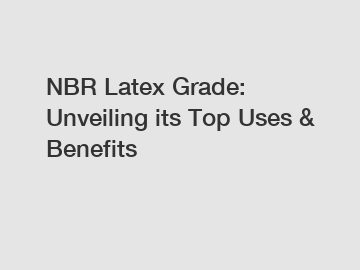
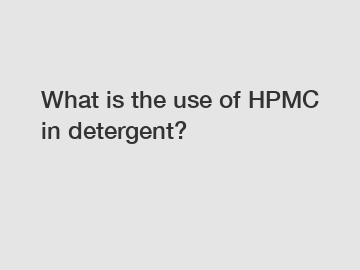
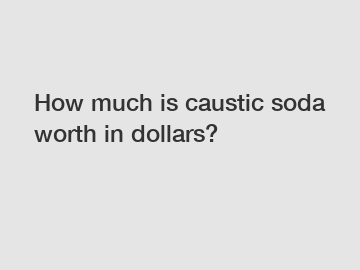
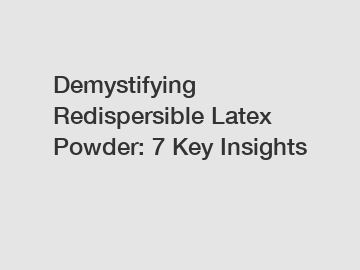

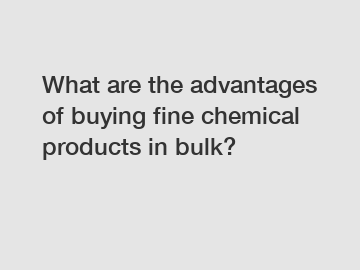
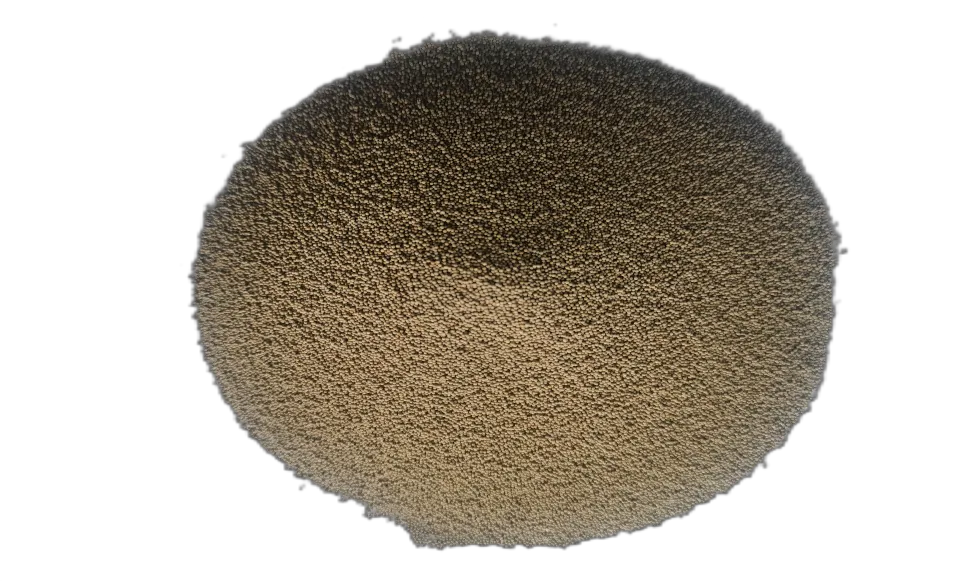
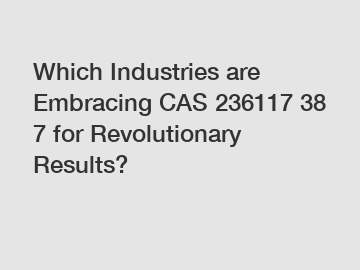
Comments
All Comments (0)